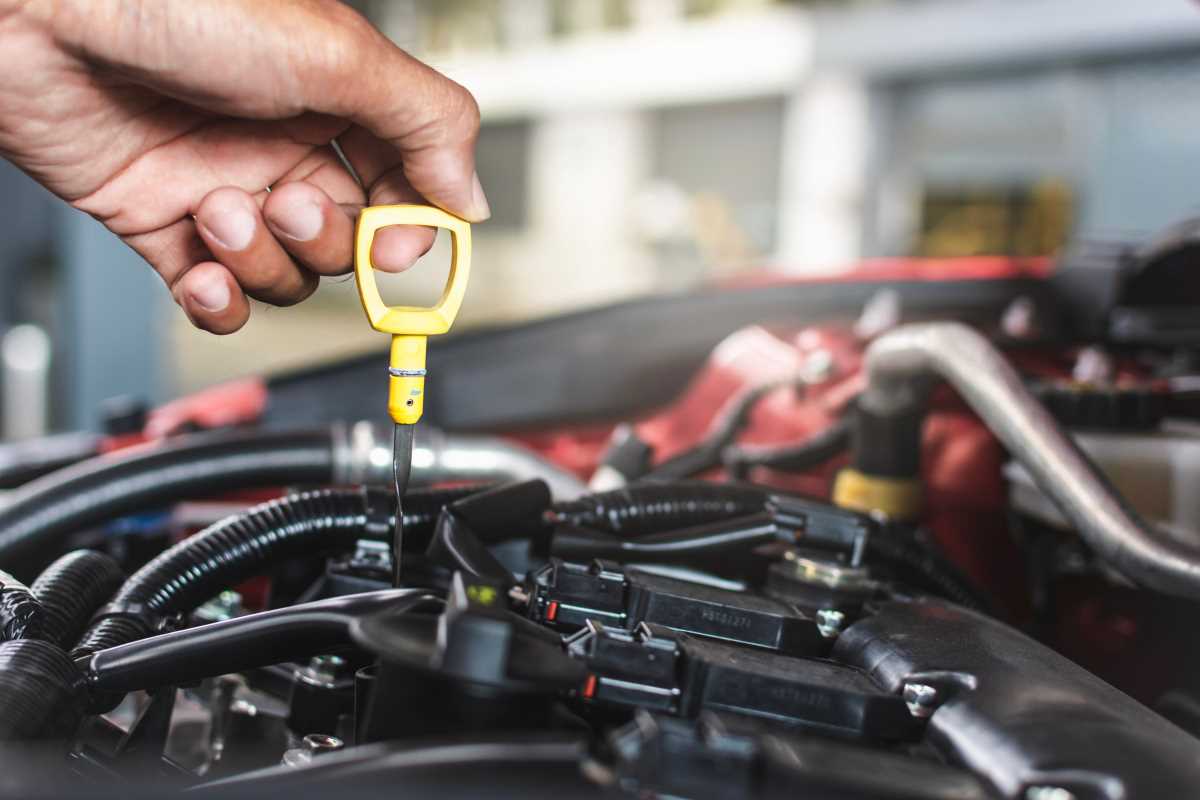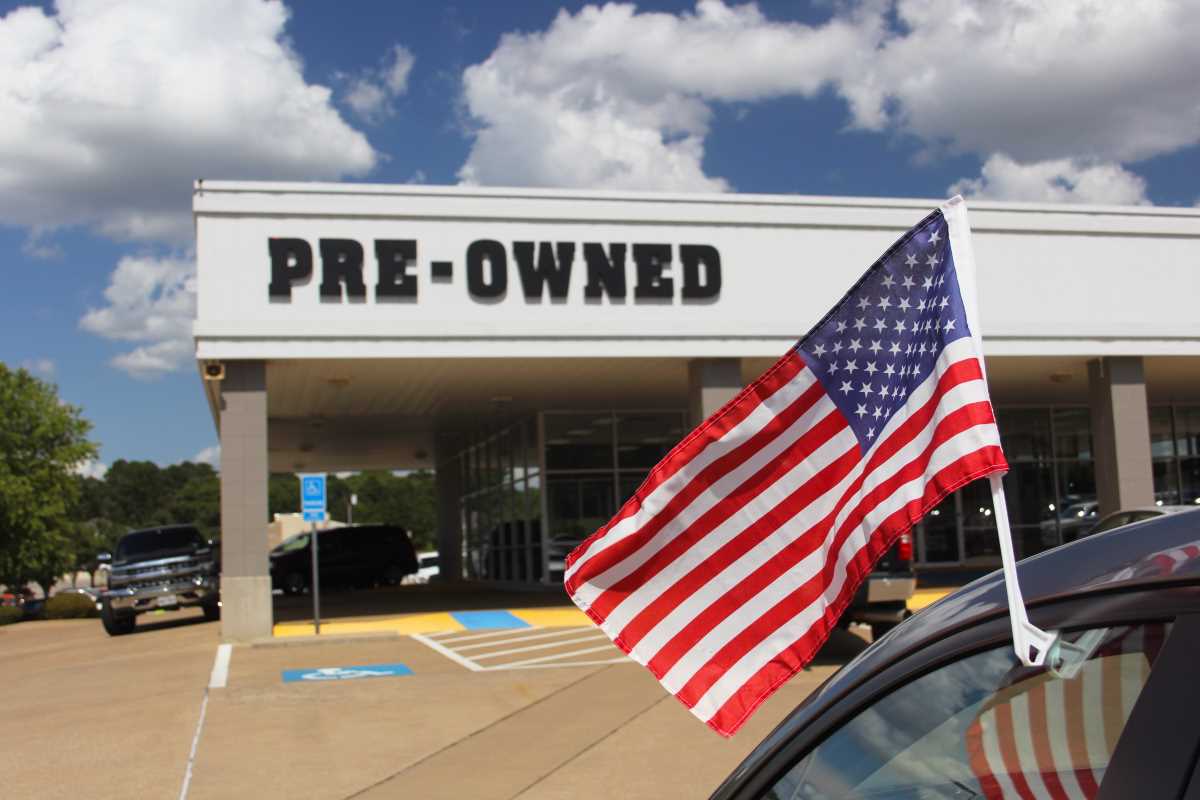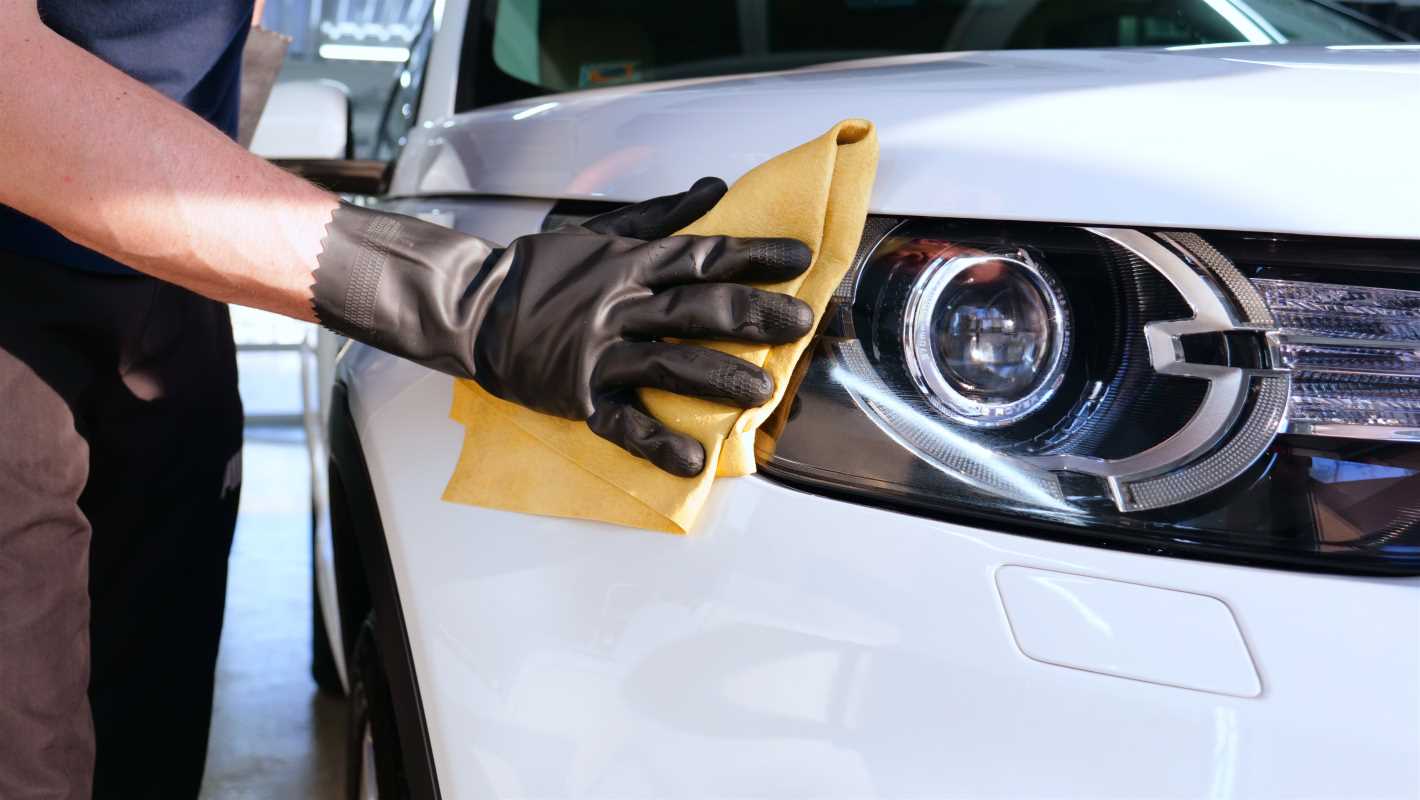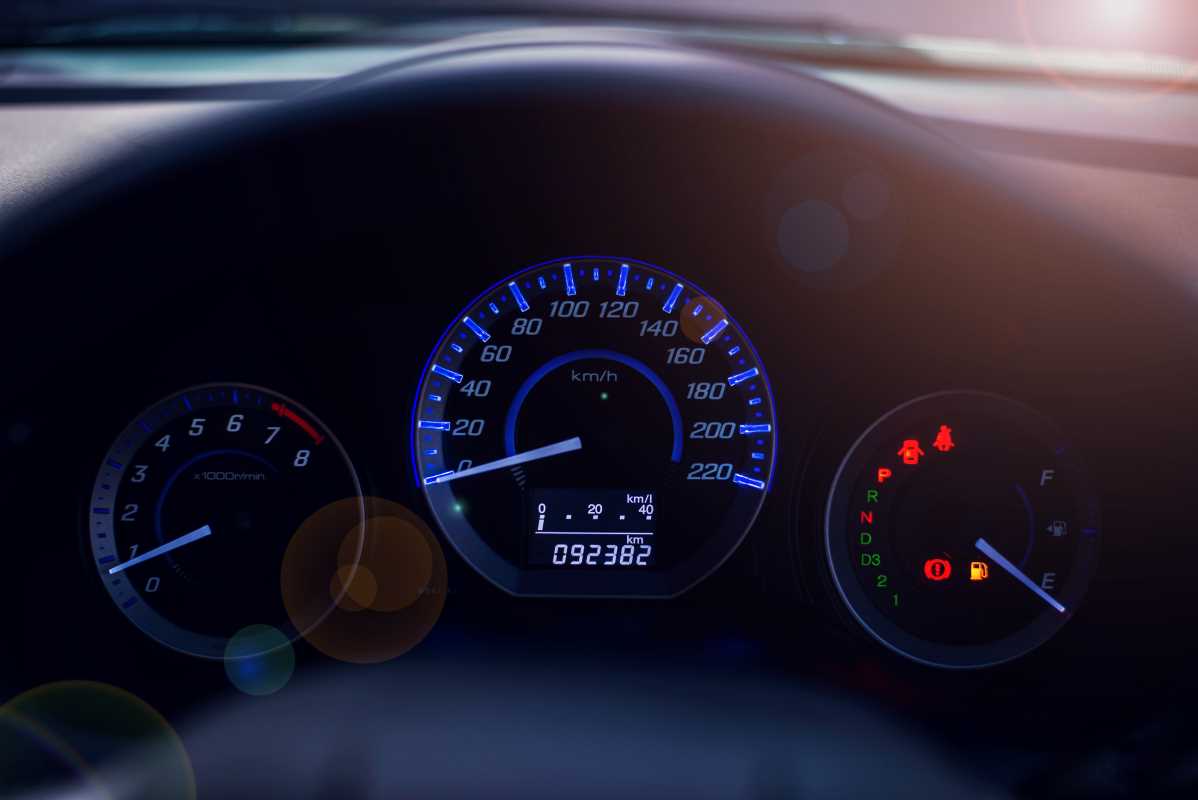Buying a used car can be a smart choice for saving money, but keeping it in great shape? That’s where things get interesting. Proper maintenance is the secret behind making sure a pre-owned vehicle lasts as long as possible without draining your wallet. And the good news? Extending a used car’s lifespan doesn’t always mean expensive trips to the mechanic or investing in fancy upgrades. With a little know-how and regular upkeep, you can add years of life to your vehicle while keeping costs to a minimum. Here’s how to maintain your used car on a budget and make every mile count.
Stick to a Maintenance Schedule
One of the most important things you can do to ensure your car stays reliable is to follow its maintenance schedule. Every car comes with a manufacturer-recommended schedule for services like oil changes, inspections, and part replacements. If your car didn’t come with a manual, don’t worry. Many automakers have online resources you can use to figure out what your car needs and when.
Regular oil changes, for example, are a simple but critical maintenance task. Fresh oil helps keep your engine lubricated and running smoothly, preventing costly wear and tear. Skipping oil changes might save money in the short term, but it can lead to engine damage down the line that’s way more expensive to fix. Other services, like rotating your tires and changing the air filter, also help your car perform better and avoid bigger problems later.
Keep an Eye on Tires
Your tires directly impact everything from fuel efficiency to your car’s handling, so taking care of them is both a safety measure and a cost-saving strategy. For starters, check your tire pressure regularly. Underinflated tires create more resistance on the road, requiring your car to work harder and use more gas. Over time, they can also wear out unevenly, which means you’ll need to replace them sooner.
Rotating your tires regularly promotes even wear, extending their lifespan and saving you money on replacements. Many mechanics offer affordable tire rotation services, or you can learn to do it yourself if you’re feeling ambitious. Don’t forget to check for signs of wear and tear, like cracks or bald spots, and replace tires when necessary. Investing in good-quality tires with proper care can save you from unexpected blowouts or poor gas mileage.
Keep Fluids in Check
If your vehicle were a living being, its fluids would be like blood, carrying out essential functions to keep everything running smoothly. Aside from oil, your car relies on a variety of fluids, including coolant, brake fluid, and transmission fluid. Neglecting these can lead to bigger, more expensive repairs. The good news? Checking and topping off fluids is easy, even if you’re not super handy.
Coolant helps regulate your car’s engine temperature, preventing overheating. Brake fluid ensures your brakes respond when you need them most, and transmission fluid keeps gear shifts smooth. Look for leaks under your car, and take action if you see puddles. Replacing fluids isn’t a budget-breaker, and regular checks can help you avoid major repairs.
Wash Your Car to Prevent Rust
Keeping your car clean isn’t just about aesthetics; it’s about protecting it from rust and corrosion. Dirt, grime, and especially road salt (common in winter months) can wreak havoc on your car’s paint and metal surfaces. If left unchecked, these elements can eat away at the body of your car, leading to expensive repairs.
Regularly washing and waxing your car creates an extra layer of protection against the elements. Pay special attention to the undercarriage, where road salt tends to accumulate. For maximum longevity, try to park in a garage when possible or invest in a car cover to shield your vehicle from harsh weather conditions.
Don’t Ignore Warning Signs
You know those little warning lights on your dashboard? They exist for a reason. Ignoring them might feel like the easiest solution at the moment, but it can lead to bigger, costlier problems down the road. If the check engine light comes on, for example, it could be something minor, like a loose gas cap, or something more serious, like an engine misfire. Either way, addressing the issue sooner rather than later often saves money.
Strange noises, smells, or vibrations are also signals your car is trying to tell you something’s wrong. Squealing brakes, for instance, probably mean your brake pads are worn out and need to be replaced. Catching these issues early can prevent damage to other parts of your car, keeping repair bills reasonable.
Invest in Quality Parts
When the time comes to replace parts, it can be tempting to go for the cheapest option available, but this isn’t always the smartest move. High-quality parts may cost a little more upfront, but they tend to last longer and perform better. For example, a good battery or a durable set of wiper blades will save you the hassle and expense of frequent replacements.
Whenever possible, use OEM (Original Equipment Manufacturer) parts that are specifically designed for your make and model. If OEM isn’t an option, choose reputable aftermarket brands. While it might seem like you’re spending more initially, investing in well-made parts is one of the best ways to keep your car running smoothly without constant repairs.
Drive Smart
This might not be the first thing that comes to mind when thinking about car maintenance, but the way you drive has a huge impact on your vehicle’s longevity. Hard braking, rapid acceleration, and excessive speeding don’t just wear out your car’s components faster; they also waste fuel. Smooth, steady driving not only saves gas but also reduces the strain on your engine, brakes, and suspension.
Long idle times are another behavior to avoid. If you’re waiting in a parking lot or warming up your car, idling burns fuel unnecessarily and puts extra wear on your engine. Turning your car off, even for short waits, is better for its health and saves money in the long run.
Build a Relationship with a Trustworthy Mechanic
Having a reliable mechanic you trust can save you a ton of time, money, and stress. Instead of dreading every visit to the repair shop, you’ll have someone who understands your car and gives honest advice about what needs fixing and what can wait. Look for mechanics with good reviews and fair pricing, and don’t hesitate to ask questions if you’re unsure about a repair or service recommendation.
Sticking to these simple yet budget-friendly tips will not only keep your car running longer but also help you avoid unnecessary expenses. A little effort goes a long way when it comes to preserving the value and dependability of your used car.
 (Image via
(Image via




